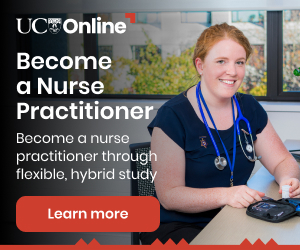It’s nice to have that nursing voice, rather than just the medical model, to consider the holistic picture,” Keedle said. That might include managing pain and continence issues alongside family and relationships. They also had to deal with “an enormous range of things, including psychosocial aspects, that are probably more the nursing field – helping to see things through a different lens”, she said.
The round table provides advice to the MoH on reducing existing harm from mesh and preventing future harm. It was set up after a restorative justice process in 2019 involving more than 600 people affected by mesh injuries and a report from the chair in Restorative Justice at Victoria University of Wellington, Diana Unwin, with several recommendations.
The MoH, with the support of the Accident Compensation Corporation (ACC), has agreed to a work programme that includes establishing a register of mesh injuries and specialist multidisciplinary centres for those injured by mesh; the upskilling of surgeons in the use and removal of mesh; and a credentialing committee to recommend national standards for urogynaecology procedures.
Preventing future harm
Invercargill continence nurse Helen Peek is also involved in the MoH credentialing group to ensure practitioners are skilled in mesh surgery or removal. Both Peek and Keedle are also on the MoH mesh education group, which is focused on preventing future harm. Both nurses are on the executive committee of Continence New Zealand, and Keedle is on the executive committee of the Urological Nurses’ Society.
Keedle believes a multidisciplinary approach is critical. “We, as nurses, want to be a cog in the engine, but we still need to work together with psychology, physiotherapy, family support and so on to ensure the woman at the centre of our care gets the best, most appropriate support she and her family need.”
Mesh Down Under co-founder and nurse Patricia Sullivan has said that a nursing voice was “essential”. “Nurses are seeing the women coming in and suffering and are dealing with the women post-op and in theatre.”
On the round table, which oversees the work, Keedle joins representatives from the Royal Australian and New Zealand College of Obstetricians and Gynaecologists; the Royal Australasian College of Surgeons; the Urological Society of Australia and New Zealand; the Royal New Zealand College of General Practitioners; ACC and NZ Private Surgical Hospitals Association.
MoH chief clinical officers’ manager Clare Possenniskie said nurses worked with patients considering treatment with mesh and those experiencing complications from it, so their involvement in the surgical mesh work programme was “pivotal”.



